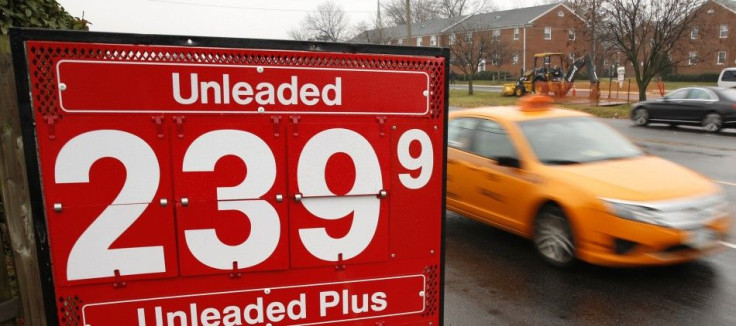Oil Price Plunge Casts Dark Light Over Energy Sector – Bank Of Canada

A latest Bank of Canada survey released on Monday has revealed the continued plunge of oil prices in the global market have "significantly dampened" the sales outlook of Canadian energy firms, so much that future investment plans are now being reviewed. On Monday, prices of oil per barrel plunged to a whopping below $46, a first since the spring of 2009.
The survey, carried out by the central bank between Nov 17 and Dec 11, nonetheless revealed companies in the roaring oil and gas industry remain positive because they expect sales to grow faster this year. The survey involved about 100 firms.
BoC said 43 percent of companies hoped for an improvement in sales over the next 12 months, versus with the 35 percent who forecast a slowdown. The bank said the eight-percentage point gap was the lowest since the third quarter of 2012. "Business sentiment remains positive, but falling prices have significantly dampened the outlook for firms tied to the energy sector," the central bank said.
Moreover, majority of businesses, or 68 percent, expect total consumer price index inflation will be greatly impacted by the drop in oil. BoC's survey revealed businesses see inflation hitting in the bottom half of the Bank of Canada's 1 percent to 3 percent target range over the next two years. Only 24 percent believed inflation hitting the 2 percent to 3 percent range.
Analysts believed the results of the survey may prompt the BoC to delay hiking interest rates. The findings may likewise prompt a slash of the bank's economic-growth forecasts.
Across the globe, the plunging prices oil will greatly affect first-quarter profits of those companies in the Standard & Poor's 500 index. Already, forecasts compiled by Bloomberg from over 6,000 analyst estimates showed profits will fall by 6.4 percentage points from three months ago, the biggest since 2009. "At $50 a barrel, things can get a bit testy," Christopher Mutascio, a banking analyst with Keefe, Bruyette & Woods, told CNBC.
Profits could get further affected if the observations of Saudi Prince Al-Waleed bin Talal bin Abdulaziz al Saud ever come true. On Monday, he told USA Today that oil prices will "never" return to the glorious $100-a-barrel mark. "There's less demand, and there's oversupply. And both are recipes for a crash in oil. And that's what happened. It's a no-brainer," Alwaleed told the paper.
In fact, prices could even fall to as low as $30 because of that oversupply scenario and sluggish demand. "We could go back to price levels in late 2008 and early 2009 -- down in the $30s. There's no reason why it couldn't happen," Darin Newsom, senior analyst at Telvent DTN, told CNN Money.





















